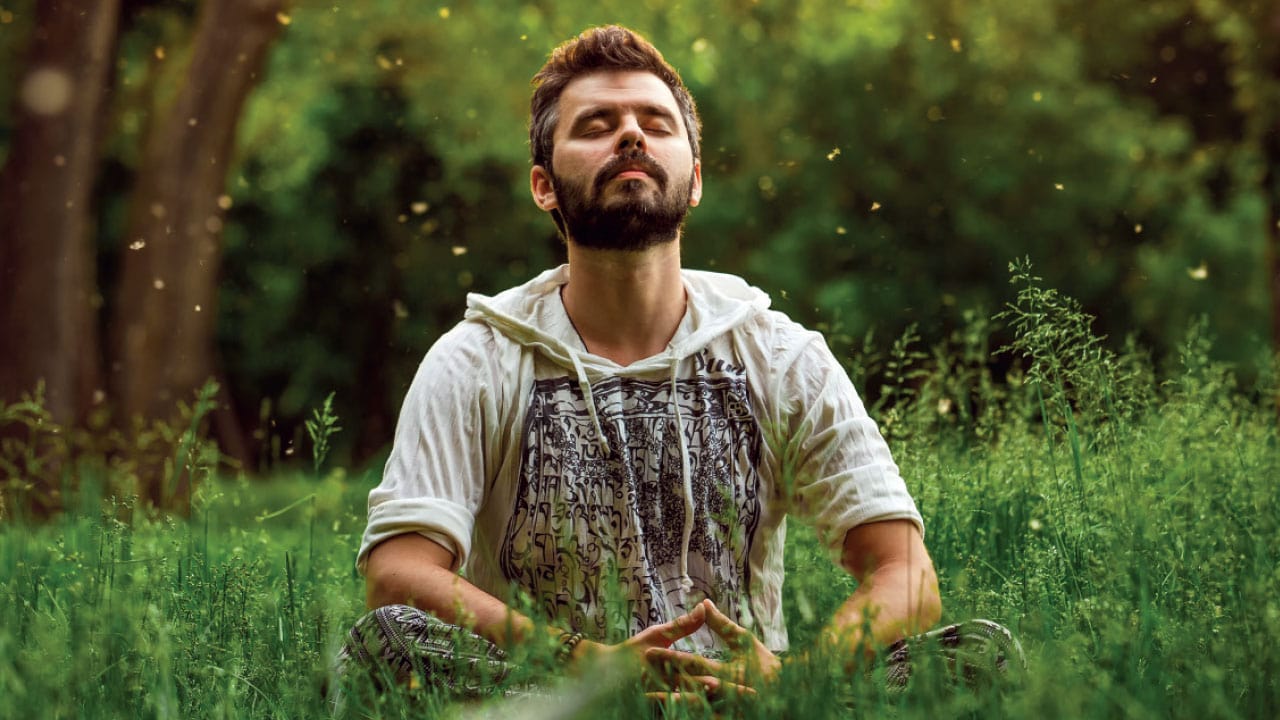
Living the teachings – Gratitude
Understanding yoga's everyday spiritual meanings. By Sue Pugh
Reading time: 2 minutes
Gratitude: the quality of being thankful; readiness to show appreciation for, and to return kindness. The ability to regularly practice gratitude is one of the 10 habits that resilient people have, and this character strength is something that can be enhanced in all of us through awareness and practice. It is also something we can easily incorporate into our yoga practice and lives and can really help us to improve our general wellbeing.
Science tells us that there are many benefits to be gained from practicing gratitude. Not only can it make us more resilient when facing life's ups and downs, it can help us achieve better sleep, strengthen our relationships and even reduce anxiety and depression. Gratitude can also improve self-esteem, increase empathy and reduce aggression. Science tells us that when humans feel gratitude, the brain produces oxytocin, a hormone important to bonding, thus helping to strengthen our relationships. Neuroscience tells us that regular gratitude practice can literally rewire our brains to be happier.
It is said that gratitude turns what we already have into enough. This really is something to reflect upon in our lives today where expectations have changed and gratitude has largely diminished. In our modern fast-paced lives, possessions, in particular, are often something that we take for granted rather than consider a personal 'blessing'.
Next time you are in savasana or preparing to go to sleep, think of five things you are grateful for. Most of us will head straight to the major things in our lives: our loved ones, our health, our home and income. In our practice, however, we are also encouraged to remember the little things that may have made our day a little better: a smile from a stranger or a friendly cashier, a special cup of coffee, freshly-laundered sheets, a good book.
The real challenge comes on the not so good days or the really bad days. Can we still practice gratitude then? If we can't, it results in significant benefits to our mental wellbeing and it is here that we can see the difference between those with resilience and those who are less resilient. A resilient person will continue to appreciate the good things even when lots of bad things are happening around them. In the same way, practicing gratitude before we go to bed can help us towards a better night's sleep and increases the likelihood of waking up feeling optimistic about the forthcoming day. This is because we have programmed our minds before sleep to focus on positive, not negative things.
There are several ways to practice gratitude, from keeping a journal to verbally expressing our gratitude to others. The easiest way is to think of five different things that you are grateful for, not to write the same set of answers each time. Practice gratitude every day, when you first wake up, before you go to sleep, and when you are on your yoga mat. Being grateful could make you healthier and happier.
Sue Pugh is a yoga teacher and the founder of vitabonayoga.com and yogainspecialplaces.com




